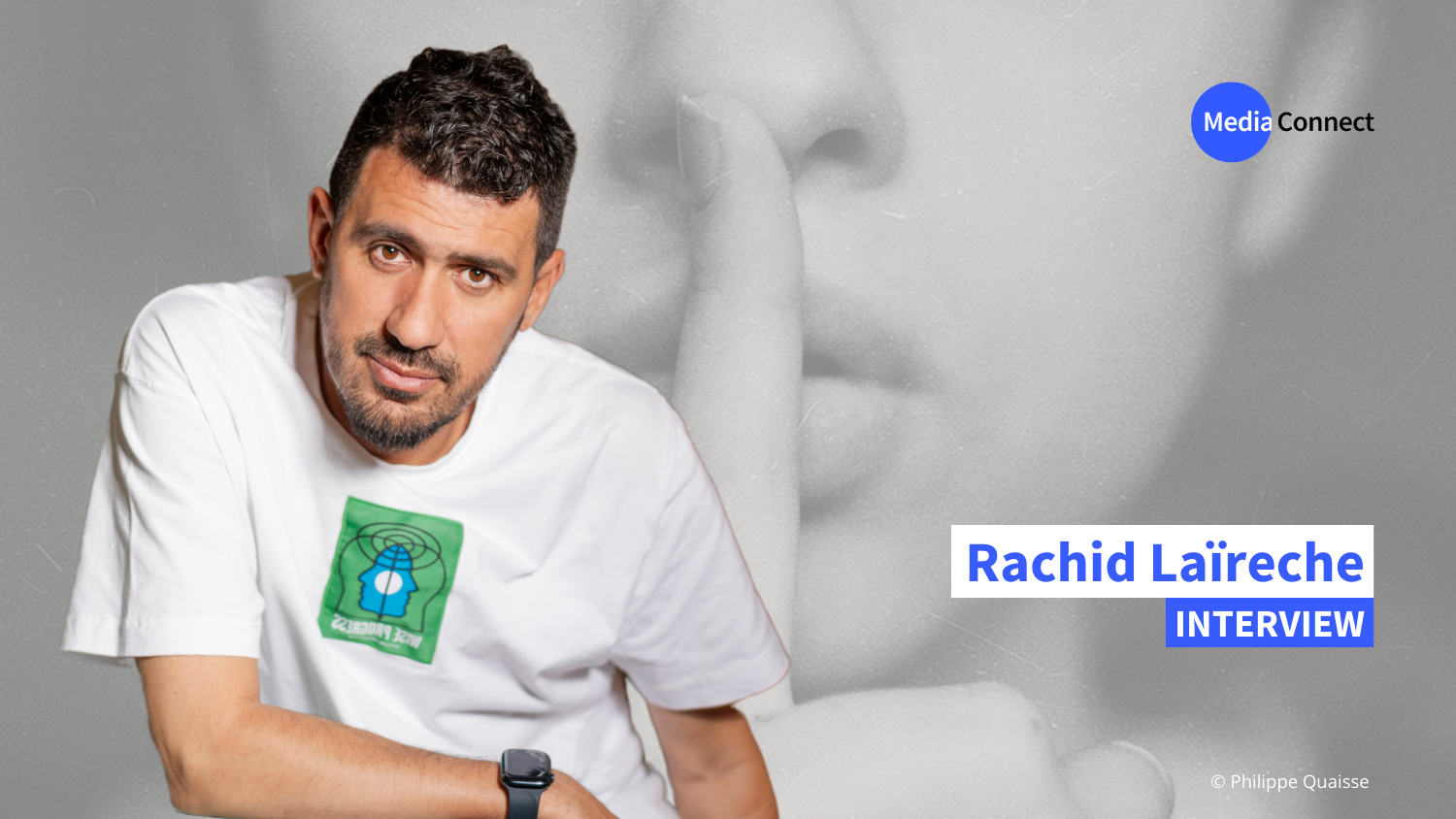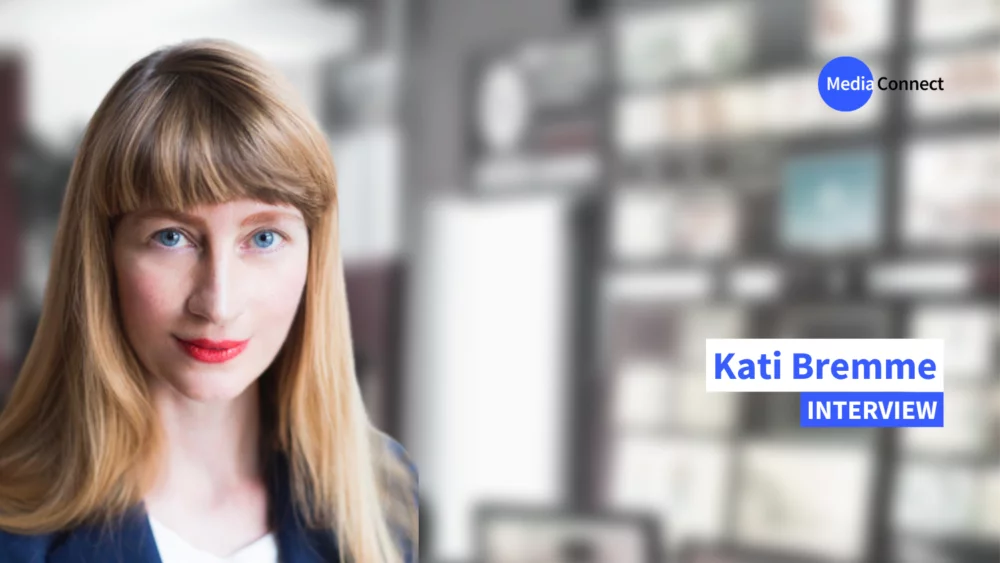Would you say that today "off the record" has become the norm in political journalism?
You could say that the use of "off the record" has something akin to laziness. When we talk to a politician, we can just keep everything they say, go back to the newsroom, and leave their remarks "off the record". And anonymity has something "sexy" about it. We hide names behind phrases like "An advisor to the President of the Republic". It's classy. It adds some suspense; it suggests that we're talking to important figures. But we abuse this practice. We use it for everything and anything. "Off the record" should primarily be used when someone tells us something that puts them at political or personal risk, when it's genuine information. But that's not the case. "Off the record" is often used to say things that are more about gossip or settling scores.
So, do you agree with the article published by Marianne in September 2023, which described political journalism as "characterized by secrecy, gossip, complicity, and pettiness, telling the small stories of the great, instead of focusing on the big stories of the small"?
You could say that the use of "off the record" has something akin to laziness. When we talk to a politician, we can just keep everything they say, go back to the newsroom, and leave their remarks "off the record". And anonymity has something "sexy" about it. We hide names behind phrases like "An advisor to the President of the Republic". It's classy. It adds some suspense; it suggests that we're talking to important figures. But we abuse this practice. We use it for everything and anything. "Off the record" should primarily be used when someone tells us something that puts them at political or personal risk, when it's genuine information. But that's not the case. "Off the record" is often used to say things that are more about gossip or settling scores.
So, do you agree with the article published by Marianne in September 2023, which described political journalism as "characterized by secrecy, gossip, complicity, and pettiness, telling the small stories of the great, instead of focusing on the big stories of the small"?
In my book ("Il n’y a que moi que ça choque," ed. Les Arènes), I talk about the concept of a "bubble." That is, by having the same sources, by associating with the same people, we create a kind of closed environment. In politics, we're drawn to the small story. It's the one we like to tell and write about. And we often forget the big story. For example, with the immigration law: political journalists focus more on power struggles within the government and sometimes, the essential gets sidelined. Namely: what will change in the lives of immigrant workers?
Would you say that "off the record" undermines the public's trust in political journalism?
In reality, trust among journalists, politicians or not, elected officials, and readers, is more general. However, it's true that "off the record" doesn't help. It adds a lack of transparency. Readers want to understand what's going on, want to understand how we work, want to understand how we decipher situations, and I think "off the record" feeds the impression of secrecy. Readers want to pull back the curtain, to know who's speaking and why they're saying this or that. In summary? "Off the record" isn't the root cause of distrust, but let's say it doesn't help.
Are there rules that govern the practice of "off the record" in political journalism?
I don't know how it works elsewhere. I won't say, just to seem like we're better than others at Libération. There are discussions. The political department is careful not to fall into "off the record" of the gossip type, to avoid pettiness and ridicule. By the way, something funny, when I read an article, I sometimes recognize the people hiding behind the "off the record," just by their way of expressing themselves. By practicing "off the record" with politicians, we can perceive what they think through their language. This, by the way, confirms this idea of an "echo chamber."
At Libération, are journalists reminded not to use too much "off the record"?
There's no reprimand. I think Libé, like everyone else, sometimes overuses it. But we're not the worst. Sometimes extremely serious statements from "off the record" come out in articles. These strong, divisive, and important phrases are full-fledged subjects but they're hidden in an "off the record" amidst an article.
Are you aware of other media outlets that are also vigilant about this issue?
I'm not sure. A few months ago, Le Monde's political department did a superb investigation into "off the record" within the Government. I read it as a way to distance themselves from the current practice.
It also happens that some politicians use "off the record" to harm or to damage a particular person. For example, former Prime Minister Jean-Pierre Raffarin himself talked about "tactical off the record." With hindsight, do you feel you've ever been manipulated by this practice?
No, it would have been too easy to say that. Most "off the record" remarks are tactical. When a politician calls a journalist, they know why they're calling us, and we know exactly why they're calling us. It's not manipulation but a grand bargain. Journalists aren't naive; they know who the good and the bad politicians are "off the record."
In an interview for France Inter on the question: "does political journalism as practiced serve any purpose?", you answered yes and no. That it's necessary to question oneself. If today you could change something in the profession of political journalist, what would it be?
I don't have a magic wand. This reflection needs to be collective. An idea? I'm in favor of a limited time practicing within the same section. You can't be a political journalist for 8, 9, or 12 years without creating affection. We're human, and when you follow someone for years, take transport, travel the country, or have lunch together, a bond inevitably forms. Whether it's positive or negative, this bond will inevitably influence how we talk about this person. Ideally, you should change sections every 3 or 4 years to prevent affection from taking over too much.
You have an atypical story at Libération. Ultimately, you stumbled into political journalism somewhat by chance. Can you tell us more?
It's true that I was lucky. It wasn't my destiny. But Libération is a newspaper where you can evolve and do many things at once. We can change sections, be in politics, and write about rap or books. There's a form of freedom in writing, tone, and the subjects we address. When they suggested I try politics, they knew I knew nothing. I got a taste for it, and I was increasingly curious.
In journalism, broadly speaking, it's important to have varied profiles. Journalists should come from different backgrounds. And that's not always the case today. It shouldn't be done for pleasure but for the quality of information.
Perspectives change depending on each person's life journey. It's problematic, for a profession, if everyone comes from the same school; if everyone has the same references. We're lucky to have an extraordinary job. We have the power to knock on any door. We can see whoever we want. I left political journalism months ago, and today, in my position as a society reporter, I do more politics by dealing with subjects like pollution, crises in public services, poverty, or families on the streets. It's much more political than a party congress. I'm not saying we shouldn't cover parties anymore, but just the term "political journalist" makes me laugh; as if the rest weren't political.
Interview conducted by Manon Ottou-Guilbaud.









